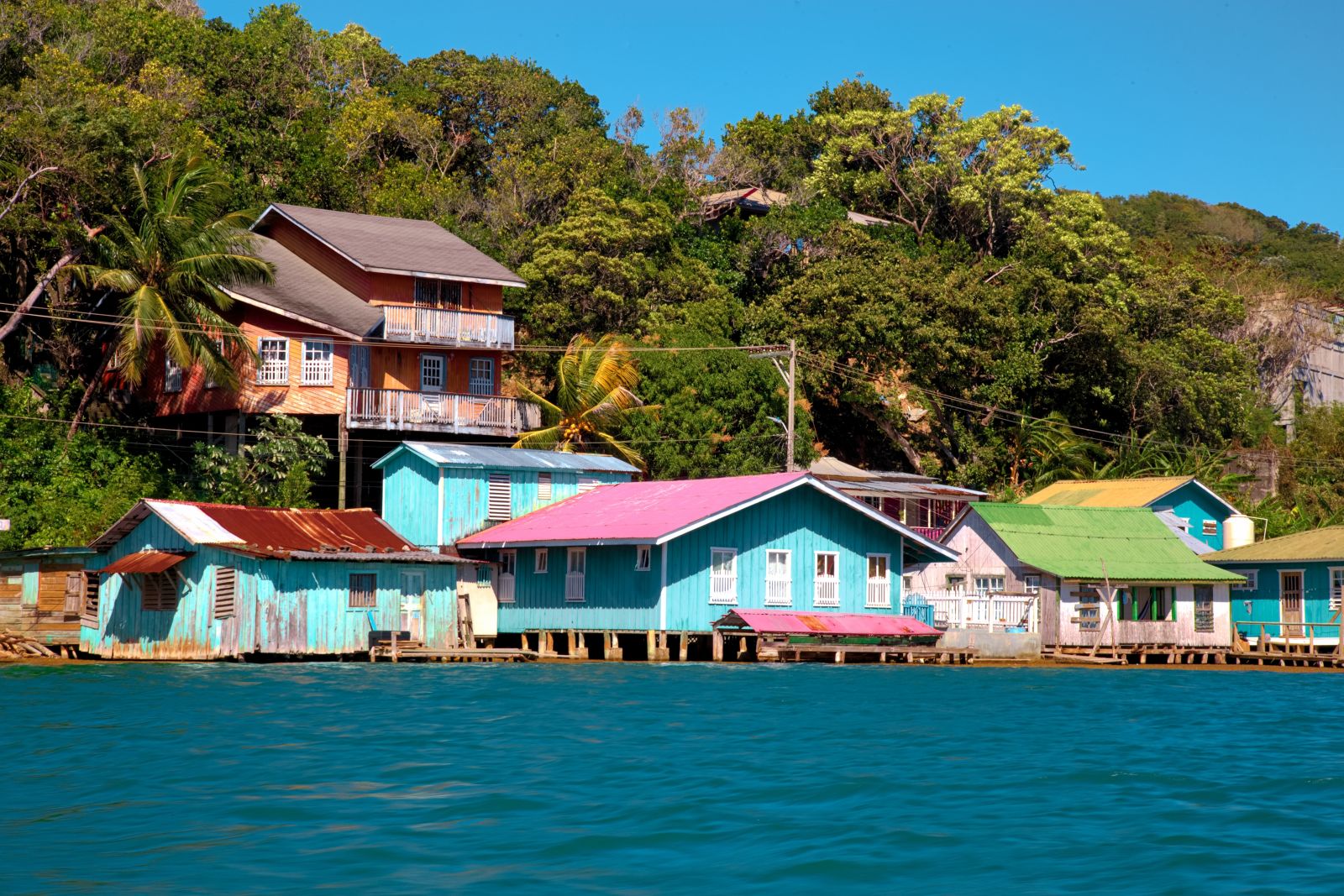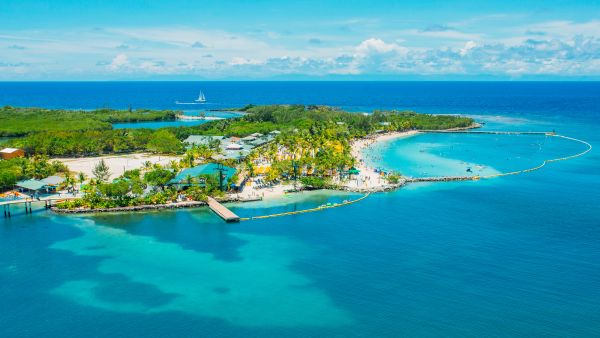ALBAWABA – Roatan, an island in the Caribbean about 65 kilometers off the northern coast of Honduras, has become a sought-after destination for wealthy individuals. Although the island was relatively unknown in the past, it is now a place where people go to alter and modify their DNA in pursuit of longer life.
Roatan island and DNA alteration
It sounds like a story from a science fiction movie or novel! Roatan Island has become a popular destination for wealthy individuals seeking to alter and modify their DNA in hopes of living longer, due to the lack of regulations on the island and the availability of experimental gene therapies.
Prospera, a city on the island of Roatan in the Central American country of Honduras, is currently the hub for experimental DNA procedures.
Known for its lack of medical laws and regulations, the city has become a destination for multiple companies and clinics adopting new medical measures related to deoxyribonucleic acid (DNA), the genetic information inside the cells that defines an individual's identity. DNA alteration and modification are taking place without oversight from regulatory authorities such as the US Food and Drug Administration (FDA).

Beach houses at the coast of Roatan Honduras. (Shutterstock)
Notably, Minicircle Clinic in Prospera is offering a gene therapy for approximately $25,000. This treatment involves the injection of DNA molecules that stimulate the human body to live longer and look younger by repairing itself.
This gene therapy is said to increase muscle mass, reduce fat, decrease inflammation, lengthen telomeres (parts of DNA associated with aging), and significantly reverse the acceleration of genetic aging. The treatment is, of course, prohibited in the United States (US).











